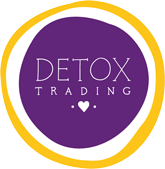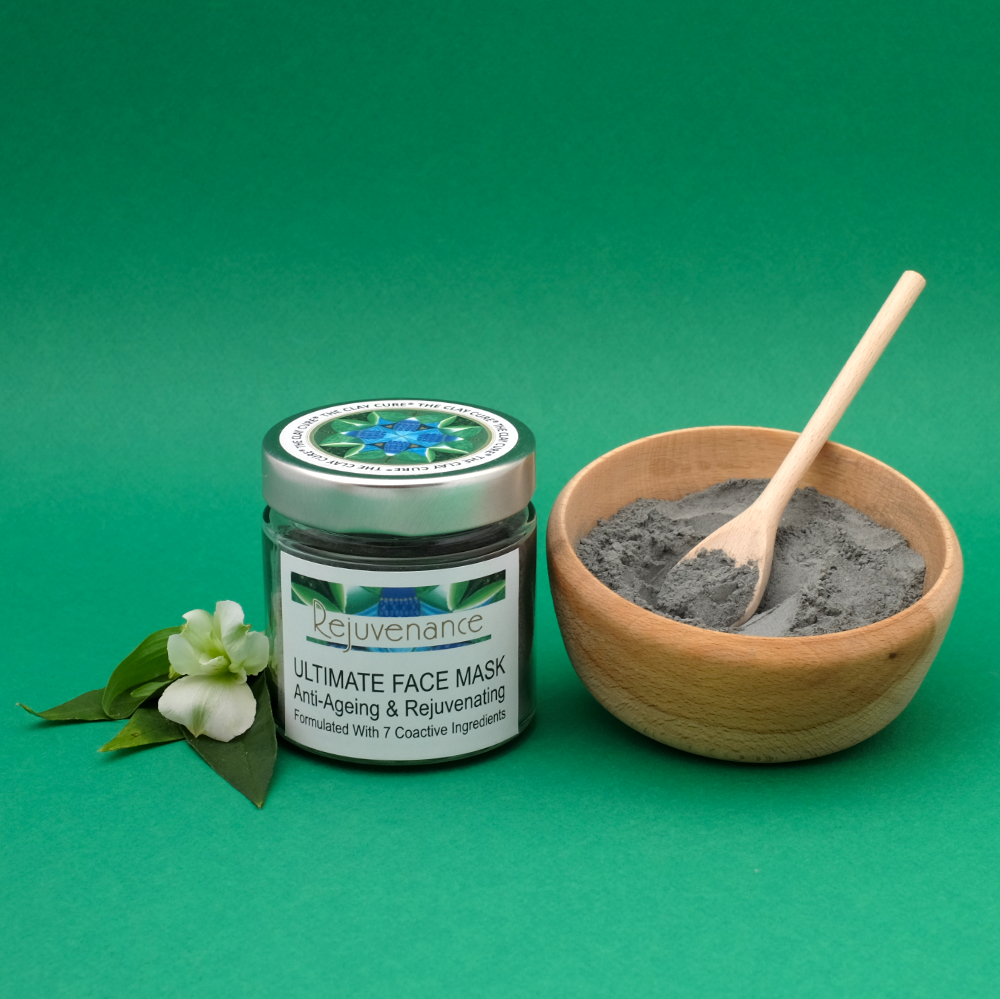For the majority of human history, farming and foods have been organic. Prior to the Industrial Revolution, the only way to farm was with organic methods.
However, the term “organic” is often seen as a rather modern term, used to describe a more natural, less industrial way of growing crops and producing the super organic foods we need to thrive.
In actuality, there were concerns about industrial farming techniques from almost the very beginning of artificial fertiliser use in farming.
Early fertilisers were particularly aggressive, typically made using sulfuric acid and later nitrogen, both of which had devastating effects on the nutrient-rich topsoil and led to fears that fertilisers could in fact make soil less fertile in the long run.
The term organic came from an incredibly influential manifesto by Lord Northbourne. Published in 1939, Look to the Land was published less than 50 years into the history of mechanical farming, but would become an influential book about the conflict between organic and industrial farming techniques.
Whilst Lord Northbourne was not the first person to consider what we now know as organic farming, and would later claim that it had only ever been discussed under that name, it is the first example of the term being used in a widespread publication.
Even at this early stage, the exact definition of what made one type of farming organic was inexact, with the main consensus was that if the soil contained carbon compounds it was organically farmed, as fertilisers at the time stripped away the carbon compounds from the soil.
As chemical farming techniques changed, however, this definition changed to focus on food that had not been chemically treated, was fresh, had used minimal pesticides and was minimally processed.
Even at the very start, it was known that organic foods were healthier for people and better for the environment, and books such as The Living Soil in 1943 by Lady Eve Balfour would champion organic food.
However, early on, it was difficult to know for sure where your fruit and veg had come from if it was bought from a greengrocer or a supermarket, so a lot of early advocates of organic food would go directly to farmers and growers to get their produce or grow it themselves.
Because of this, early definitions of what counted as organic depended on each individual, as they would look around the farm, see its conditions and talk to the farmers themselves.
Speciality shops and co-operatives would spring up to deliver organic food to people who could not afford to find a nearby farmer, and this was the catalyst for the rise in popularity of organic food and a greater focus on where our food comes from.
As well as this, increasing concerns over chemicals used in farming led to a huge number of scandals, from the incredible damage dichlorodiphenyltrichloroethane (or DDT) continues to do to our environment, to the concerns over genetic modification and carcinogens such as Alar.
However, it is important to look into claims of “organic” food, particularly when buying from supermarkets where it is not clear exactly where the food came from.

